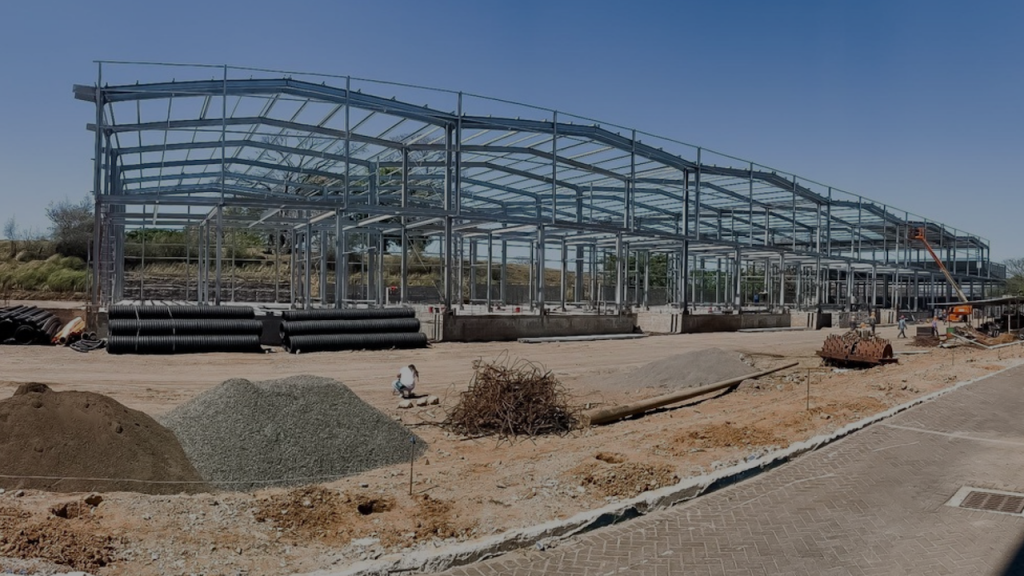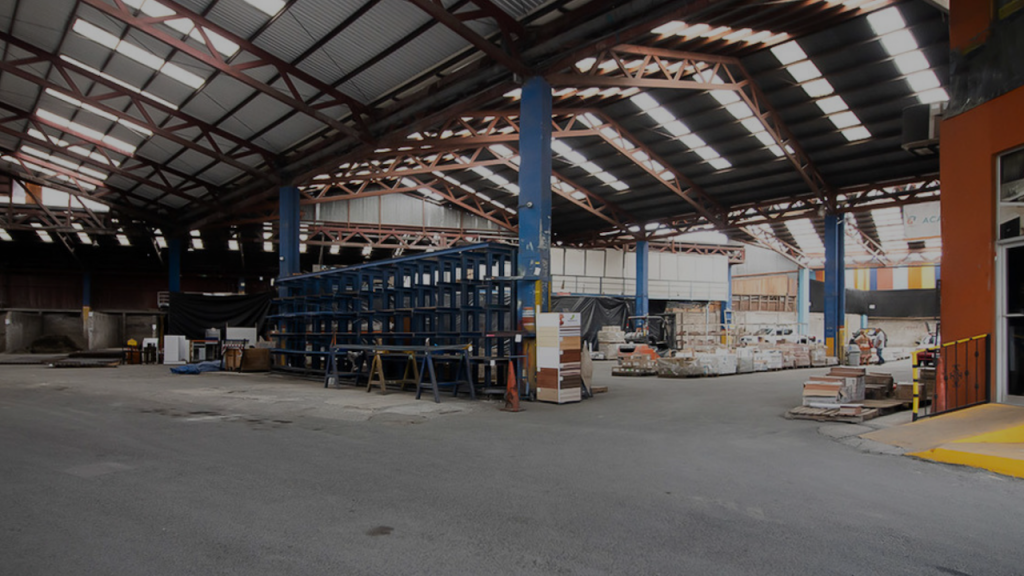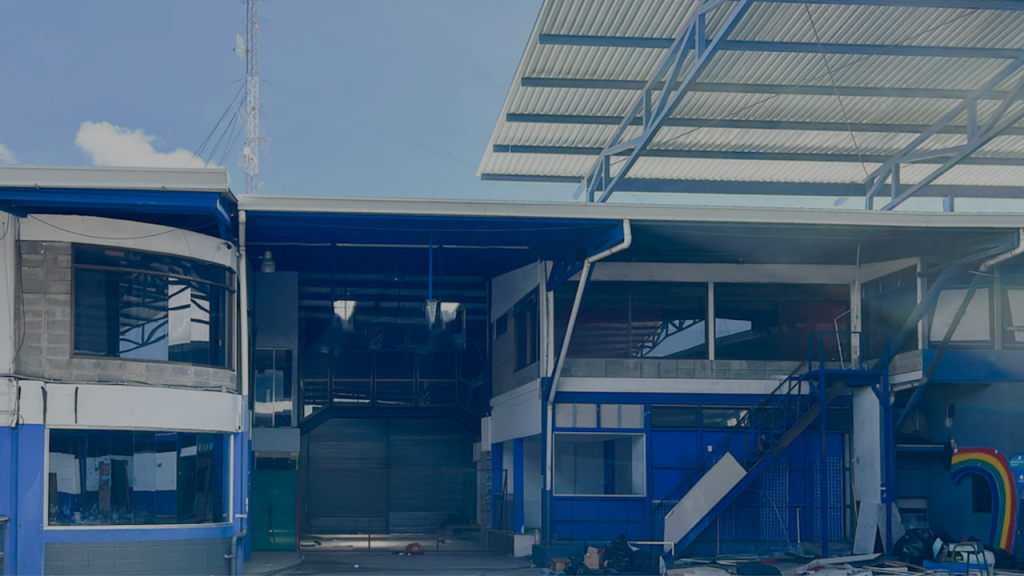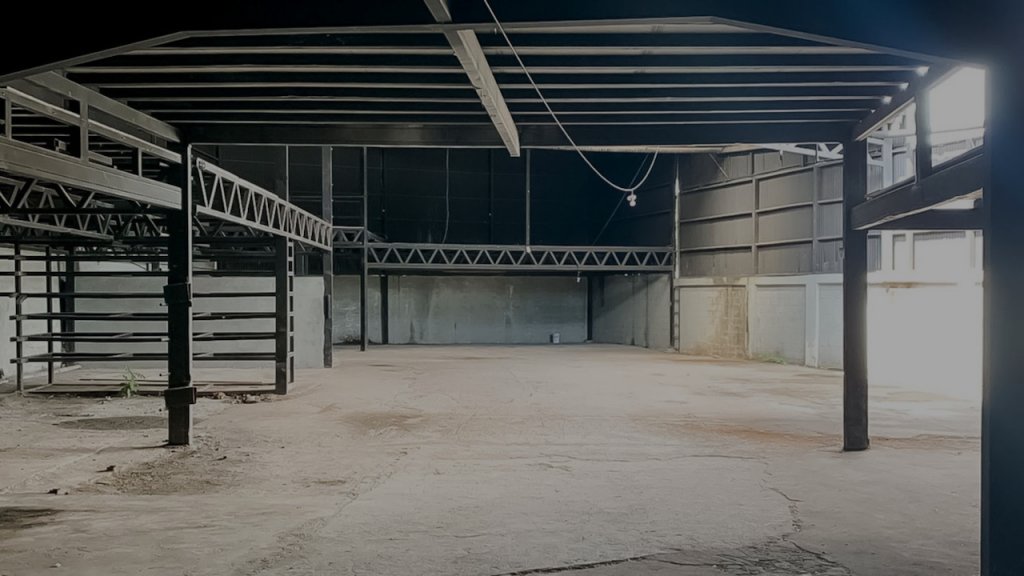Warehouses in the Central Valley
Contact advisorWarehouses available for rent and sale
In the Central Valley of Costa Rica
Warehouses are not just storage spaces; They are articulators of processes for the logistics of their users.
In Costa Rica, specialized warehouses have increased and are part of the companies that need adequate infrastructure to distribute their products. The operability, storage capacity and quality of a product may depend on the use of a good warehouse.
There are different types of warehouses and their uses vary according to the needs of the owner. Before choosing a warehouse, you must take into account:
- Strategic location: The movement, accessibility and logistics of a business depend on the objects to be stored being close to all operations.
- Size: The second important aspect is size. Warehouses can be used to store merchandise, personal items, raw materials, and much more. For this, the size must be adequate and with the possibility of occupying all the space without damaging the products.
- Types of product: The input and output flow will depend on whether they are unfinished products or not. It is necessary that raw materials are close to the production spaces to speed up the process.
On the other hand, the finished products need to be ready to be delivered to the customer and for this, good storage should be near the delivery point that allows them to be disposed of immediately.
Our listings

The industrial market is very important for the country since in one way or another it managed to survive the pandemic by reinventing its future. Our focus at Nativu Comercial & Desarrollo is to solve the needs of companies that require industrial buildings, adapting our services to customer requirements.
Experience makes us innovative and proactive where we can provide our clients with the best real estate options for their business. We have the best options for industrial spaces in the Costa Rican territory.
NATIVU – Commercial, Industrial and Development
Frequently Asked Questions
Project sales & marketing by NATIVU COMERCIAL & DESARROLLO









